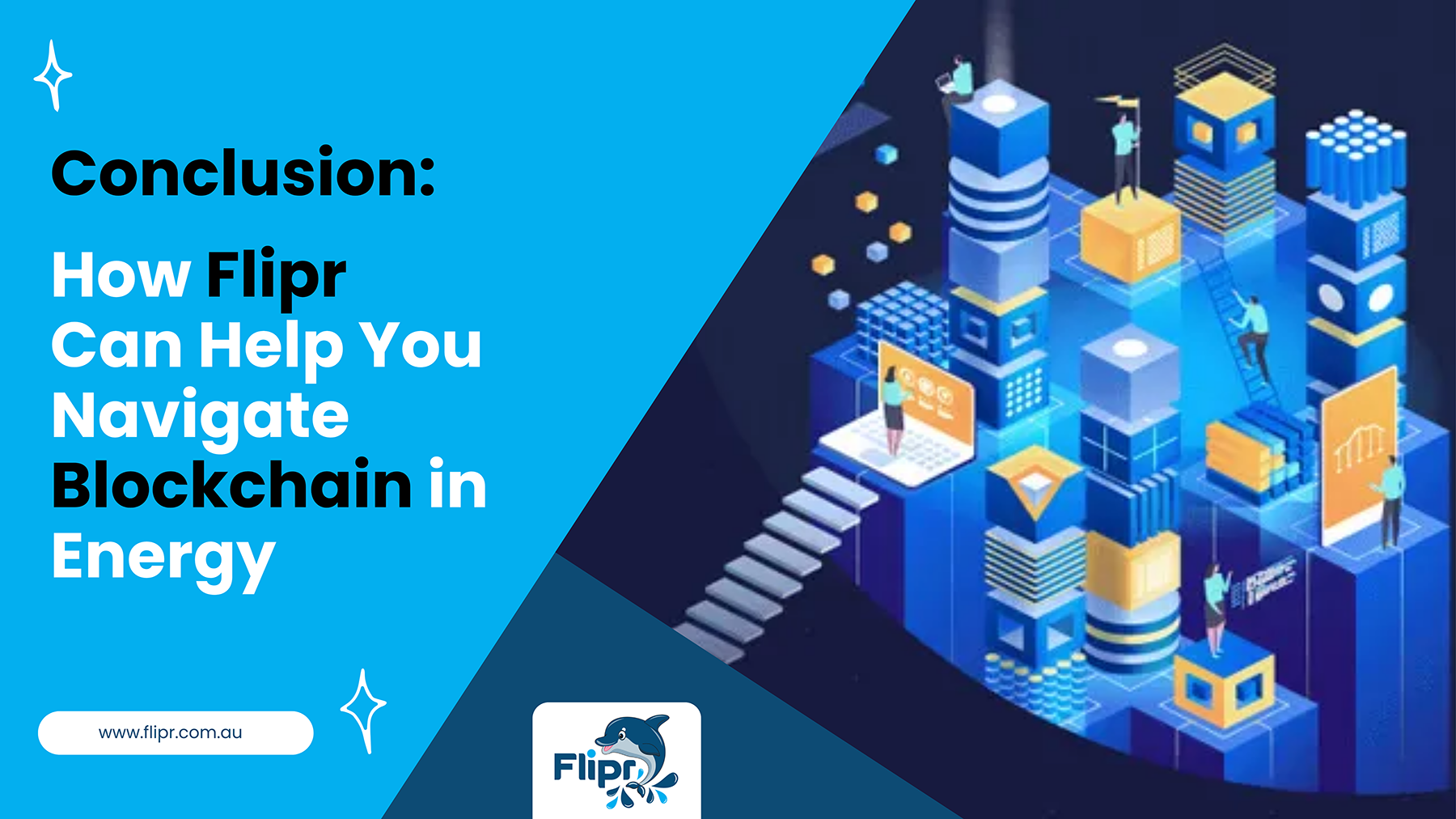Blockchain in Energy: What Consumers Need to Know

The energy sector is undergoing significant transformations, driven by advancements in technology and the growing demand for more sustainable solutions. One of the most exciting innovations making waves in the industry is blockchain technology. While blockchain is often associated with cryptocurrencies like Bitcoin, its applications extend far beyond digital currencies. In this blog, we will explore how blockchain is revolutionizing the energy sector, the benefits for consumers, and how it’s shaping the future of energy.
What is Blockchain and How Does it Work in the Energy Sector?

Blockchain is a decentralized digital ledger that records transactions across many computers in a way that prevents tampering or altering of the data. It provides a secure, transparent, and efficient way to track and manage data. In the context of energy, blockchain can be used to record and verify energy transactions, from the production and distribution of electricity to the buying and selling of energy between consumers
How Blockchain Works in Energy

- Decentralization: Blockchain allows energy transactions to take place between peer-to-peer (P2P) networks without the need for a central authority like a utility company. This opens the door to new business models and decentralized energy systems.
- Transparency and Security: All transactions on a blockchain are visible to all participants, ensuring complete transparency. Each transaction is secured through encryption, making it tamper-proof and reducing the risk of fraud.
- Smart Contracts: These are self-executing contracts with the terms of the agreement directly written into lines of code. For example, a smart contract could automatically execute payment once energy is delivered, making energy trading seamless and automated.
Benefits of Blockchain in the Energy Sector for Consumers

1. Peer-to-Peer Energy Trading
One of the most promising applications of blockchain in energy is the ability for consumers to buy and sell energy directly with each other. Peer-to-peer (P2P) energy trading platforms use blockchain to facilitate these transactions. This allows consumers with solar panels or other renewable energy sources to sell their excess energy to others, bypassing traditional energy retailers.
For example, if you generate more solar energy than you need, blockchain can enable you to sell that excess directly to neighbors or other consumers on the same platform, allowing for better utilization of renewable energy and reducing reliance on the grid.
2. Greater Control Over Energy Consumption
Blockchain-based systems give consumers greater control over their energy use and costs. By leveraging smart meters and blockchain, consumers can track their energy usage in real-time, ensuring more accurate billing. Moreover, consumers can participate in demand response programs where they are rewarded for reducing energy use during peak periods.
3. Enhanced Transparency and Reduced Costs
One of the key advantages of blockchain is increased transparency. Every transaction on the blockchain is recorded in a public ledger, which can be accessed by all parties involved. This transparency can help consumers verify their energy consumption, ensuring they are not overcharged by energy providers.
Additionally, blockchain can reduce operational costs by cutting out intermediaries and improving the efficiency of energy distribution and billing. Consumers may benefit from lower energy prices as a result of these operational savings passed on by energy companies.
4. Renewable Energy Certificates and Carbon Offsetting
Blockchain can also help track renewable energy certificates (RECs) and carbon offset initiatives. Consumers who participate in green energy programs can receive verifiable proof of their contribution to sustainability, ensuring that their energy is sourced from renewable sources. This system helps ensure that renewable energy claims are legitimate, offering peace of mind to eco-conscious consumers.
5. Smart Grids and Automated Energy Management
Blockchain is poised to play a critical role in the development of smart grids, which use digital technology to manage energy distribution more efficiently. Blockchain can facilitate the integration of renewable energy sources into the grid and help balance supply and demand by automatically managing energy flows. This ensures that consumers benefit from a more efficient and reliable energy supply.
Blockchain Applications in Australia's Energy Market

Australia is no stranger to innovation in the energy sector, and blockchain is making its way into the market as part of the country’s efforts to improve energy efficiency and support the transition to renewable energy.
Power Ledger’s Blockchain-Based Energy Trading
One of Australia’s leaders in blockchain-powered energy solutions is Power Ledger. This Australian fintech company has created a blockchain platform that enables P2P energy trading, where individuals with solar panels can sell excess energy to other consumers in their local area. Power Ledger’s system has been tested in several Australian cities, with plans to expand globally.
AGL’s Blockchain Trials
AGL Energy, one of Australia’s largest energy providers, has also begun testing blockchain technology to improve its energy trading and management processes. AGL’s blockchain trials focus on improving the efficiency of energy exchanges and increasing transparency in billing and settlement.
How Can Blockchain Technology Help Consumers Save on Energy?

While blockchain is still in its early stages of adoption, it has the potential to drastically reduce costs and improve efficiency across the energy supply chain. As blockchain technology becomes more widely integrated into the Australian energy market, consumers could see:
- Lower energy costs through more efficient energy trading and distribution.
- Increased competition among energy providers due to the reduced role of intermediaries, encouraging better prices and service.
- Enhanced energy security through decentralized systems that reduce vulnerability to disruptions in the centralized grid.
By leveraging blockchain’s benefits, consumers can save on their energy bills while supporting the transition to cleaner, greener energy.
How Flipr Can Assist You:

- Energy Comparison: We offer tools to help you compare energy providers and plans that incorporate blockchain technology or support renewable energy initiatives.
- Smart Meter Integration: Explore plans that offer smart meters, giving you the real-time tracking and billing accuracy that blockchain enables.
- Sustainability Options: Find energy plans that support renewable energy and carbon offset initiatives, ensuring that you contribute to a cleaner planet while saving money.
How Flipr Can Help You Navigate Blockchain in Energy

As blockchain continues to revolutionize the energy sector, consumers stand to benefit from greater transparency, lower costs, and more control over their energy use. Flipr is here to help you navigate the rapidly changing energy landscape and find the best deals available.
As blockchain continues to reshape the energy industry, Flipr is committed to providing you with the insights and tools to make informed choices about your energy consumption. Take control of your energy future today by exploring the best blockchain-enabled energy plans and start saving on your bills now!